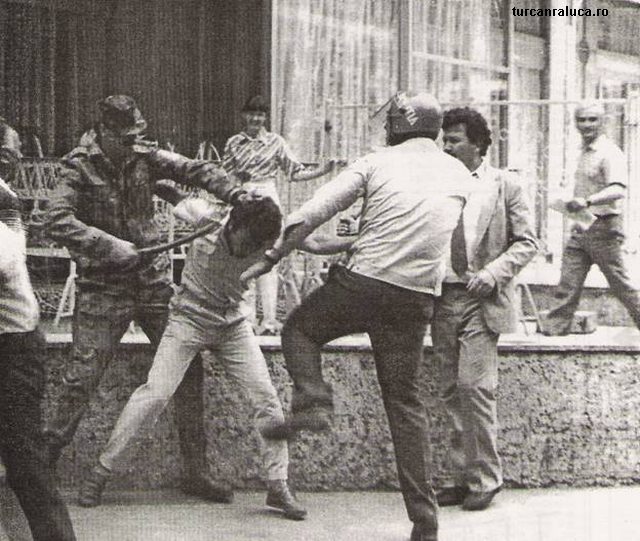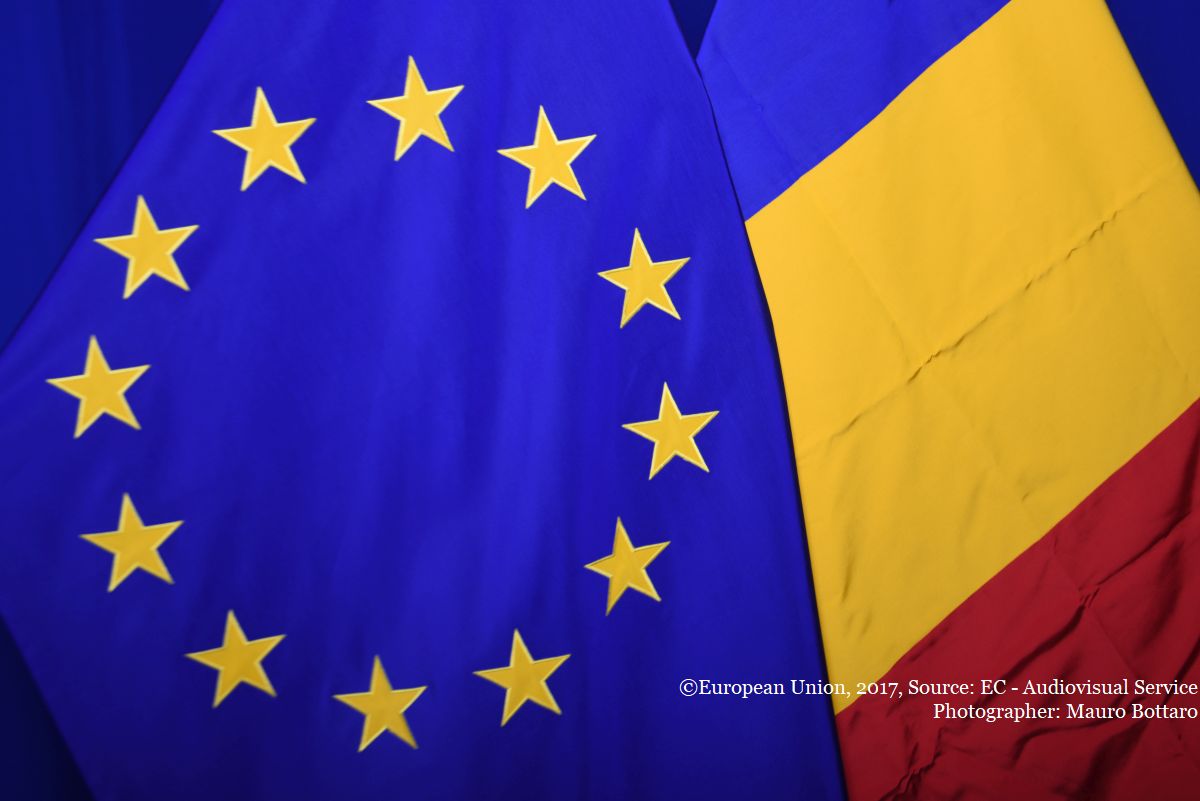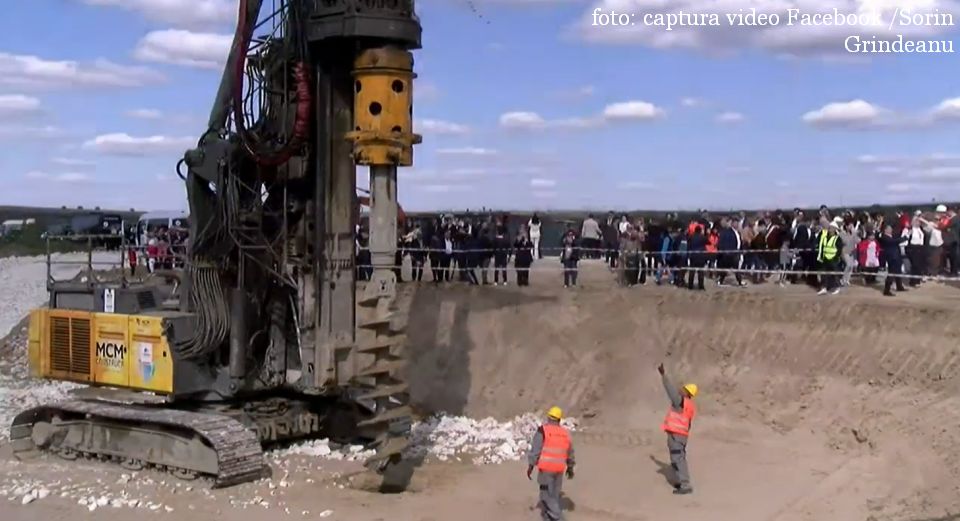Miners’ raids file makes headlines again
Romanias ex-president Ion Iliescu and two of his close collaborators are facing prosecution on charges of crimes against humanity for the violent suppression of a protest months after the fall of the Communist regime.

Bogdan Matei, 22.10.2015, 14:46
On May 20, 1990, five months after the fall of Nicolae Ceusescu’s repressive regime, his former minister in the 1970s, Ion Iliescu, generally seen as a leader of the 1989 Revolution, won the first free presidential elections in Romania with 85% of the votes. His party, a heterogeneous combination of genuine revolutionaries and second-hand communists also won two thirds of the seats in Parliament. In Bucharest, University Square that had been occupied, ever since April, by students and proclaimed ‘free of neo-communism’, was empty, as protesters had to comply with the result of the elections.
Only several tens of hunger strikers that seemed unable to cope with the disastrous outcome of the elections were still in the square that had previously hosted tens of thousands of exuberant and peaceful people. On the night of June 13, the riot police cracked down on protesters with such disproportionate force that it evoked the violent repression during the Revolution. It is still unclear if those who reacted the next day by engaging in street fighting against the riot police and storming the offices of the Interior Ministry and the National Television had any real connection with the Square or not.
Ion Iliescu called them ‘legionnaires’, an allusion to the interwar far right movement, and, in spite of the fact that the army had already reinstated order, he called on people to come and rescue democracy, which he said was endangered. The miners in the Jiu Valley, in South-Western Romania, answered the president’s call. For only two days, on June 14 and 15, they took control of the capital city and acted as supreme authority. Time enough for them to kill at least four people, injure several hundreds and throw over one thousand people behind bars. The miners devastated the Bucharest University building, the head offices of several parties and of several independent newspapers.
To Laura Codruta Kovesi, the former general prosecutor and current head of the National Anti-Corruption Directorate, the inquiry into the miners’ raid was one of the biggest failures in the history of the Public Ministry. Pundits say that the case would have probably been closed for good if it wasn’t for the European Court of Human Rights that ordered Romania to continue investigations in the case. Aged 85, Ion Iliescu is currently the honorary president of the Social Democratic Party, the main party in the government coalition.
A former defense minister, general Victor Atanasie Stanculescu has already served time in prison for his involvement in the violent repression of protesters during the 1989 Revolution. In his turn, the ex-Intelligence Service chief, Virgil Magureanu, also gave testimony before prosecutors about his own role in the incident. All three of them are now answering for their involvement in this incident that marred the countrys transition from communism to democracy.






























